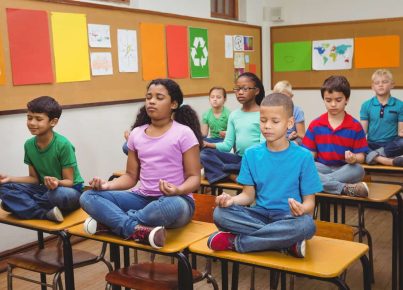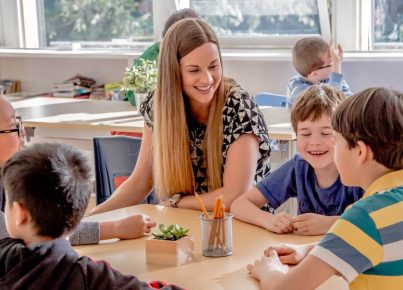In contemporary society, education and childcare have become two inseparable institutions that directly impact the development and well-being of our children. However, the prevailing wisdom on their interdependence requires scrutiny. Though the integration of education and childcare has notable merits, it isn’t working to its full potential. This article takes a closer look at the inherent issues plaguing the marriage between education and childcare, as well as viable solutions that can foster a more productive union.
At the heart of this issue lies the belief that educational standards must be met from the onset of a child’s introduction to childcare. While stressing academic achievement at an early age sets high expectations, it is imperative to strike a balance with unstructured, playful learning experiences that nurture creativity, cooperation, exploration, problem-solving, and social skills. Too much emphasis on academics can lead to undue stress for both children and childcare providers.
One striking concern is the lack of consistency in the educational standards applied to child care facilities and pre-primary education. Comprehensive curricula may be compromised when struggling with conflicting regulations on staff-to-child ratios and qualifications of childcare personnel. This alarming discrepancy often results in staff being inadequately equipped with necessary pedagogical knowledge or appropriate educational strategies.
Another disturbing facet of this strained partnership between education and childcare is an alarming socioeconomic divide. Access to high-quality early childhood education is often limited due to exorbitant fees for privately-run centers or long waiting lists for state-funded programs. Consequently, children from low-income families are left disadvantaged in terms of cognitive development and life chances compared to their more affluent peers.
Innovative solutions can help mend this dysfunctional alliance between education and childcare:
1. Ensure accessible high-quality early childhood education: Governments should prioritize investing in affordable yet exceptional educational programs regardless of socioeconomic status. By doing so, one grants equal opportunities for cognitive development across all income levels.
2. Redefine expectations for children’s development: A more balanced pedagogical approach that recognizes and values a blend of academic achievement, social skills, healthy emotional development, creativity, and a desire for lifelong learning should be encouraged.
3. Streamline standardization and regulation processes: Harmonizing educational standards and qualifications for childcare personnel can significantly improve the stability of educational aims across the board.
4. Cultivate strong parental involvement: An active partnership with parents through regular parent meetings, workshops, and open lines of communication can contribute to reinforcing essential values, attitudes, and skills vital for a child’s development.
In conclusion, the current marriage between education and childcare is far from perfect. Rather than blindly perpetuating an increasingly dysfunctional alliance, it is high time for stakeholders in this partnership to take a proactive approach in addressing these issues. By refining our strategies and accommodating the unique needs of our diverse populations, we can ensure that our children receive the holistic nurturing they need to mature into well-rounded individuals.




